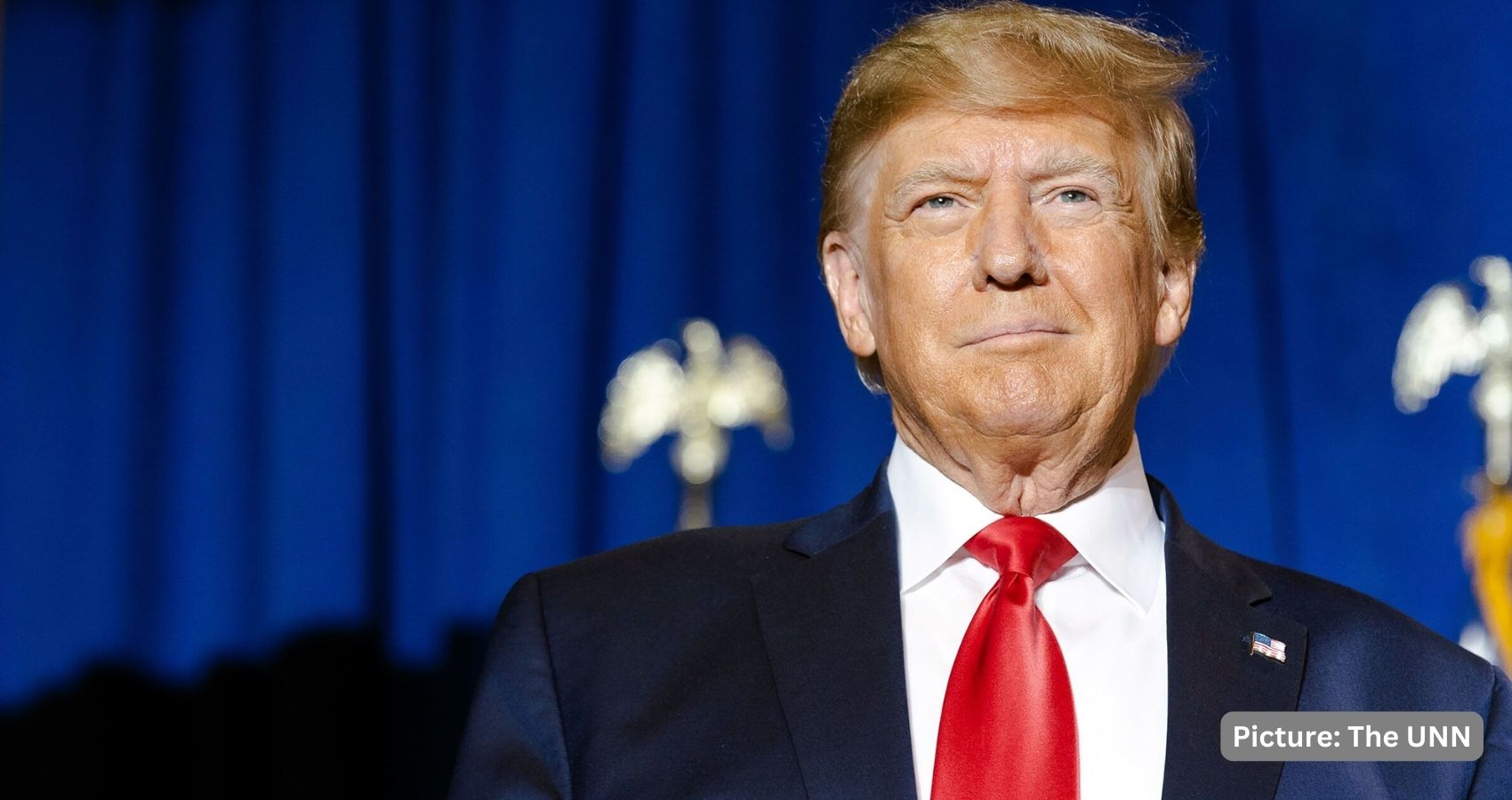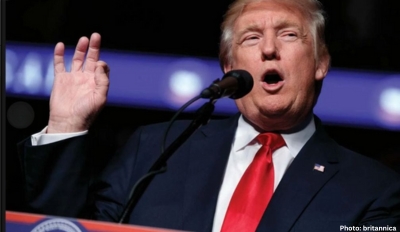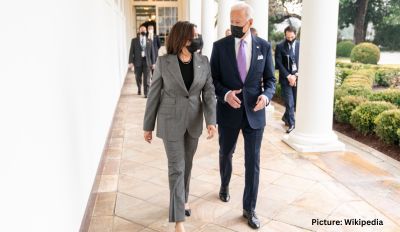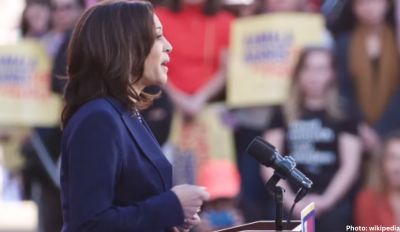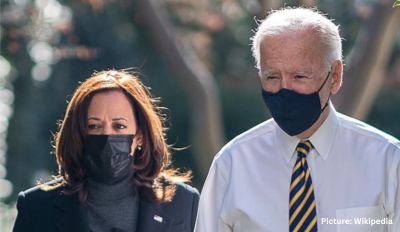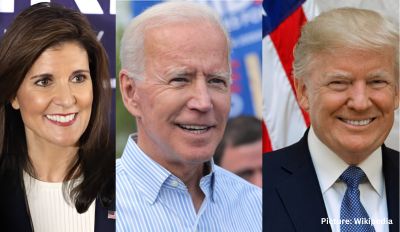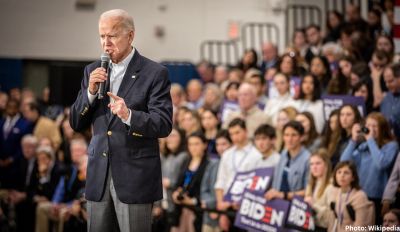In a landscape where some individuals on the right portray the accountability for the January 6 Capitol riot as merely a partisan dispute, two well-known conservative legal scholars have put forth the argument that the Constitution actually bars former President Trump from holding public office.
Recently, William Baude, a law professor at the University of Chicago, and Michael Stokes Paulsen, a law professor at the University of St. Thomas and both members of the conservative Federalist Society, presented their viewpoint through a law review article. They contend that Trump’s eligibility to hold public office is constitutionally prohibited due to Section Three of the 14th Amendment.
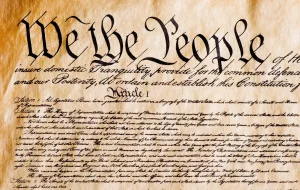
Section Three, also referred to as the Disqualification Clause, stipulates that any government official who swears an oath to protect the Constitution and then participates in or assists an insurrection against the United States is ineligible for office. Only a two-thirds majority from both the House of Representatives and the Senate can take action to remove such a disability.
The argument isn’t surprising given Trump’s actions align with this criterion. All three branches of the government have characterized the attack on the Capitol as an insurrection. Multiple federal judges, bipartisan majorities in both chambers of Congress, as well as the Jan. 6 House select committee, which comprises members from both parties, have attributed the central cause of the insurrection to Trump.
Baude and Paulsen highlight that “Section Three does not necessitate a prior conviction under criminal law, whether for treason or any other specific offense, as a precondition for its application.” Trump’s indictment on charges related to election activities by special counsel Jack Smith only serves to further strengthen the argument for his constitutional disqualification.
The federal charges leveled against him encompass conspiracy to obstruct an official proceeding, obstructing and attempting to obstruct an official proceeding, and conspiring against rights by seeking to “oppress, threaten or intimidate” individuals in their exercise of the right to vote.
Although Trump’s role in inciting the attack on the Capitol is well-documented, Baude and Paulsen assert that the “full legal implications” of Section Three “have not been fully recognized or enforced.” They underline that the Disqualification Clause is a “binding element of the Constitution, not confined to the Civil War era, and not effectively annulled by amnesty legislation from the 19th century.”
Moreover, the clause is “self-executing, without the necessity of supplementary action by Congress.” According to the professors, Section Three “can and should be upheld by every official, whether at the state or federal level, who assesses qualifications.”
In a notable precedent, last September, three residents of New Mexico, represented by Citizens for Responsibility and Ethics in Washington, achieved the first instance in over a century and a half where an elected official was removed from office on the basis of involvement in an insurrection. The court determined that then-New Mexico County Commissioner Couy Griffin had violated Section Three of the 14th Amendment by enlisting individuals for combat in support of Trump’s endeavor to overturn the election on January 6. Griffin’s actions, which included breaching police barricades, contributing to the violent mob’s attack, and facilitating the overwhelming of law enforcement to storm the Capitol, were deemed insurrectionist. This case marked the initial instance at either the federal or state level where the events of January 6 were legally classified as an insurrection.
The court’s decision in Griffin’s case refutes the notion that disqualifying officials under Section Three of the 14th Amendment infringes upon the First Amendment right to protest. Furthermore, the court rejected attempts by Griffin to equate the events of January 6 with the Black Lives Matter protests.
In their article, Baude and Paulsen elucidate that “to the extent of any conflict with prior constitutional rules, Section Three repeals, supersedes, or simply satisfies them,” including “the free speech principles of the First Amendment.”
Most critically, the authors conclude that Section Three encompasses a “wide spectrum of actions against the authority of the constitutional order” and “a broad array of previous offices, including the presidency.” They unequivocally state that Section Three “disqualifies former President Donald Trump, and potentially many others, because of their involvement in the attempted overthrow of the 2020 presidential election.”
Irrespective of political affiliation, every president takes an oath to uphold and safeguard the United States Constitution. Applying the Disqualification Clause to an official who violates this oath is an act of devotion to the nation, devoid of partisan motivation. As Baude and Paulsen aptly put it, “Officials must uphold the Constitution because it is the law … Section Three already carries legal weight.”
The Disqualification Clause has already demonstrated its effectiveness in holding individuals accountable for their participation in the insurrection. In the approaching months, it is anticipated that this clause will be employed again to prevent Trump and others from assuming public office.

